
India achieved a significant medical milestone with its first successful kidney transplant for a patient with the rare Bombay (hh) blood group. A 30-year-old woman from Shirdi, suffering from end-stage kidney disease, underwent the complex procedure at Jaslok Hospital, Mumbai. The extreme rarity of her blood type made finding a compatible donor highly challenging. The Bombay blood group, first discovered in India, is found in only 1 in 10,000 Indians and 1 in a million globally. This breakthrough highlights the importance of specialized donor registries and advancements in organ transplantation.
The patient , a 30-year-old woman from Shirdi, received her kidney transplant at Jaslok Hospital in Mumbai because she had end-stage kidney disease from diabetes. The complexity of her surgery raised challenges due to her ‘Bombay’ (hh) blood group since this type proves elusive in donor searches.
Context:
-
The medical community discovered Bombay blood as its first identification place in India because it exists as an extremely rare blood type.
-
Occurrence:
-
1 in 10,000 individuals in India.
-
1 in a million globally.
-
-
People who lack H antigens create difficulties in compatibility with every blood type including O-negative.
-
This rarity complicates blood transfusions and organ transplants.
Bombay (HH) Blood Group
Discovery & Origin:
-
The Bombay blood group received detection from Dr. Y.M. Bhende in Mumbai in 1952.
-
Scientific study workers discovered this blood type for the first time within the city that would later become Mumbai.
What Makes It Rare?
-
The absence of the H antigen distinguishes the Bombay blood group from other blood types because it occurs everywhere in every subgroup.
-
A deficiency of H antigen prevents Bombay blood group individuals from accepting blood donations from any group including O-negative blood which poses difficulties for medical transfusions.
-
The absence of H antigens in Bombay blood group individuals causes their body to produce anti-H antibodies that trigger the rejection of O group blood.
Prevalence & Distribution:
-
Global occurrence: ~1 in 4 million people (0.0004%).
-
European population: 1 in a million.
-
India (Mumbai): 1 in 10,000.
-
Regions with inter-family marriage practices along with specific community groups show the highest prevalence of the Bombay blood group.
Medical & Transfusion Challenges:
-
The routine blood group testing method often confuses Bombay donors with O donors because of the potential wrong identification.
-
Cross-matching tests of O blood fail due to the antibodies known as anti-H which identify incompatibilities.
-
People who have Bombay blood need their organ transplants to come from another Bombay blood group donor while this situation makes transplantation extremely difficult to achieve.
Composition of Blood
-
Blood is a special connective tissue composed of:
-
Plasma (55%) – Fluid matrix, 92% water.
-
Formed Elements (45%) – RBCs, WBCs, Platelets.
-
-
Functions: Transport of gases, nutrients, hormones, immune defense, and clotting
ABO Blood Group Tables
Conclusion
The kidney transplant procedure for a Bombay (hh) blood group patient represents a major medical achievement in Indian medical history. Organ transplantations present special difficulties to people with rare blood type Bombay (hh) because of difficulties matching donor and recipient blood type compatibility. The successful procedure at Jaslok Hospital, Mumbai, showcases the importance of specialized donor registries and advanced medical techniques. The need for greater awareness and early screening along with continuous research exists to enhance medical support for rare blood types because it will enable better life-saving treatment access in upcoming years.




 Haryana Launches ‘Har Khet-Swasth Khet’ to Boost Soil Health
Haryana Launches ‘Har Khet-Swasth Khet’ to Boost Soil Health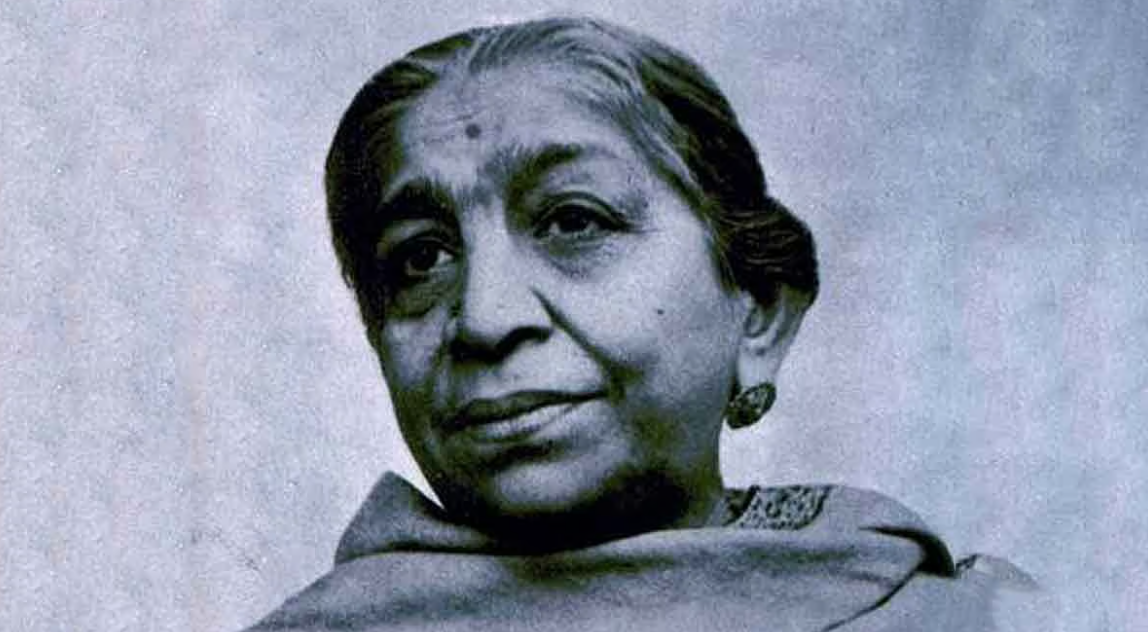 National Women’s Day 2025: Honoring Sarojini Naidu’s Legacy
National Women’s Day 2025: Honoring Sarojini Naidu’s Legacy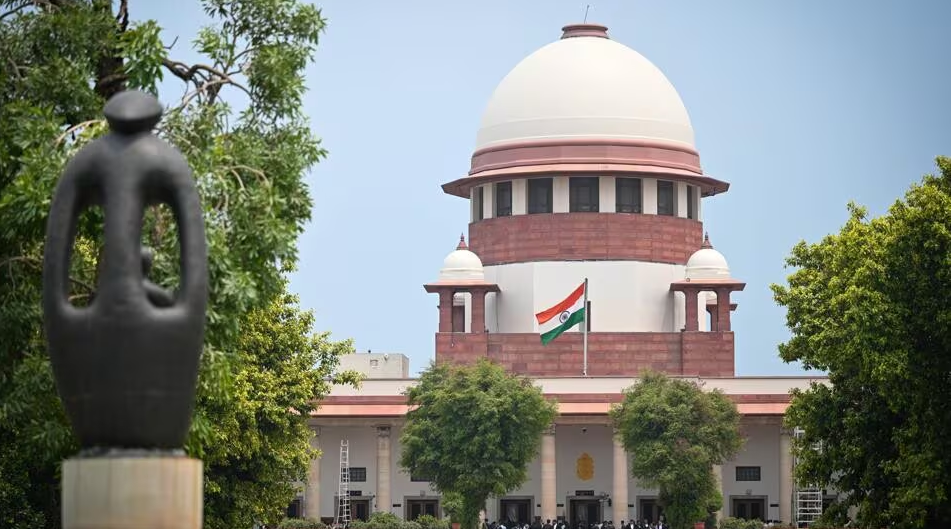 Supreme Court’s Stand on Election Ban for Convicted Politicians
Supreme Court’s Stand on Election Ban for Convicted Politicians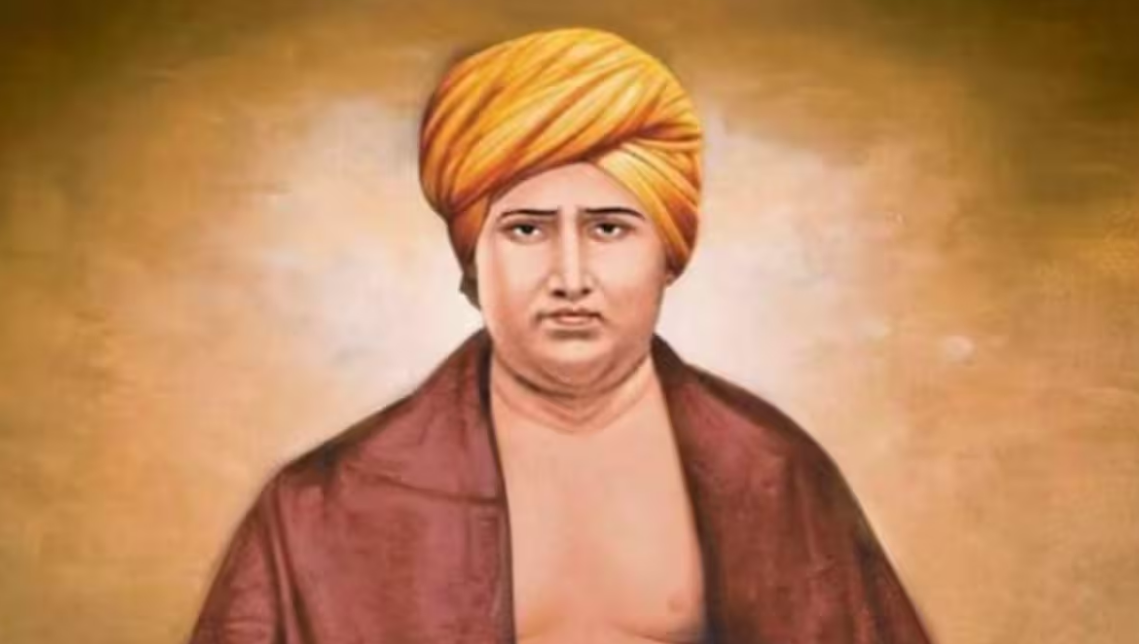 Maharshi Dayanand Saraswati’s 200th Birth Anniversary: Honoring His Legacy
Maharshi Dayanand Saraswati’s 200th Birth Anniversary: Honoring His Legacy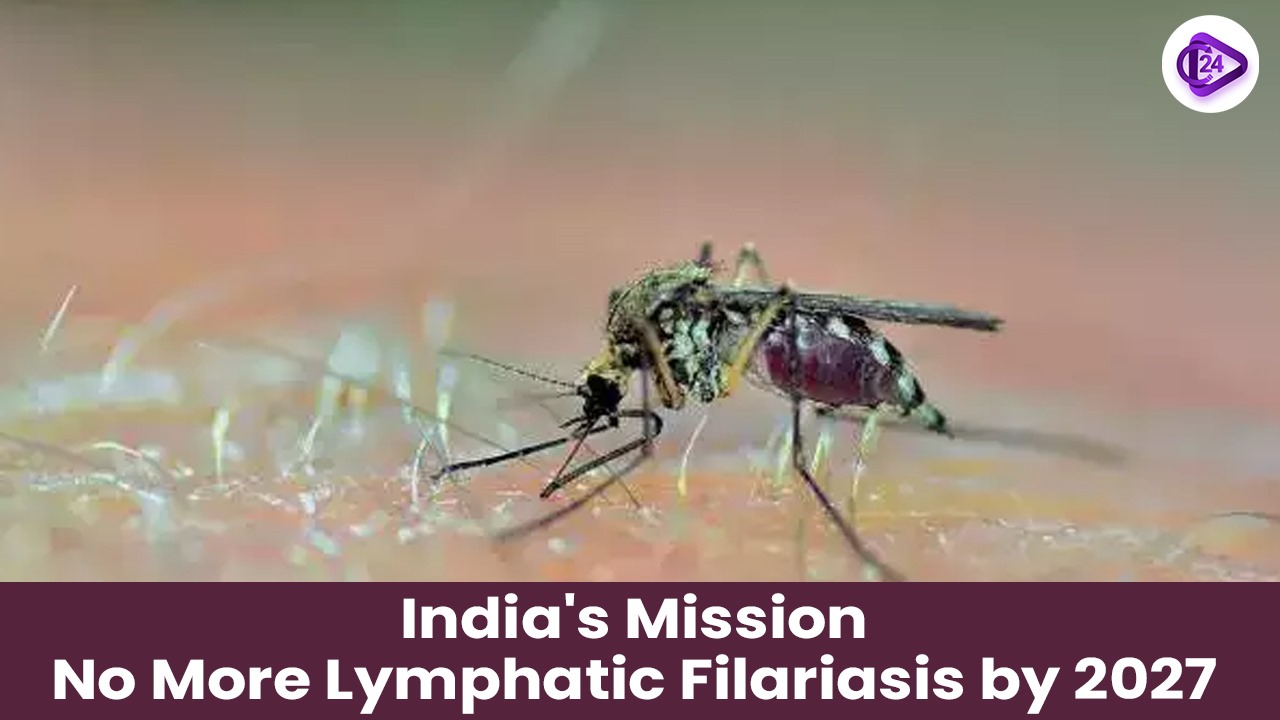 India Committed to Eliminating Lymphatic Filariasis by 2027: J.P. Nadda
India Committed to Eliminating Lymphatic Filariasis by 2027: J.P. Nadda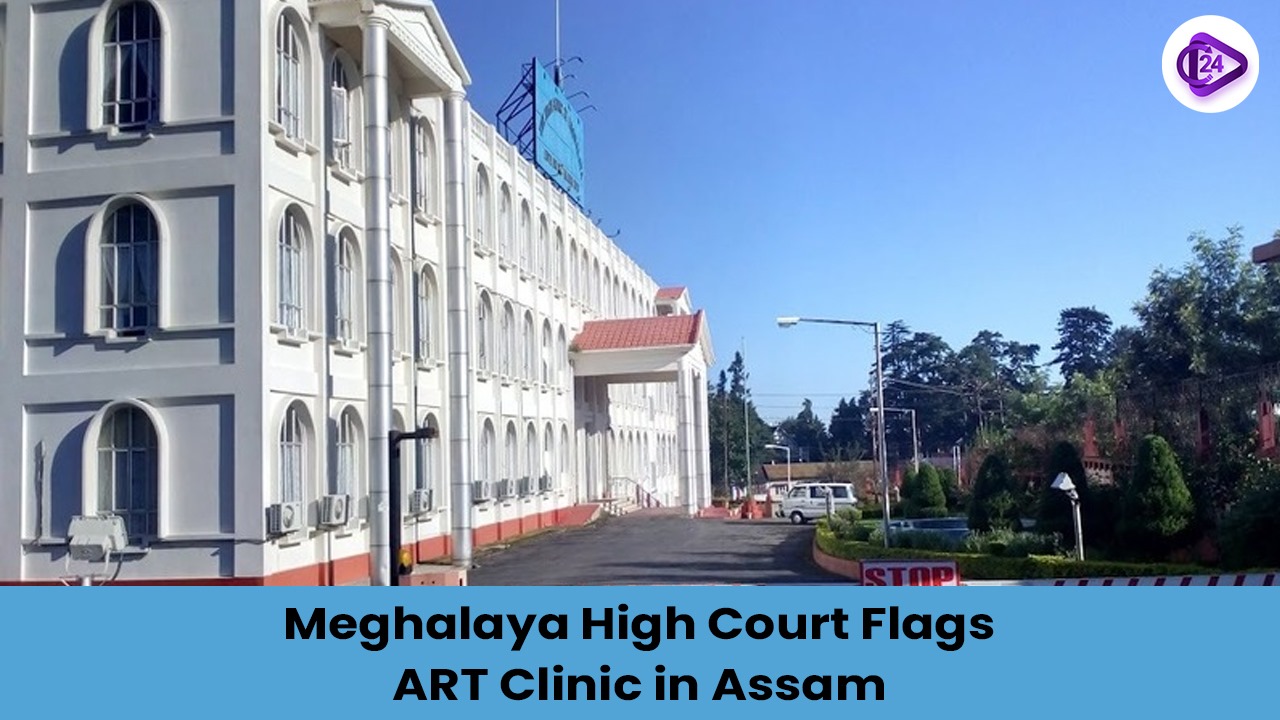 Meghalaya High Court’s Action Against Assam Fertility Clinic
Meghalaya High Court’s Action Against Assam Fertility Clinic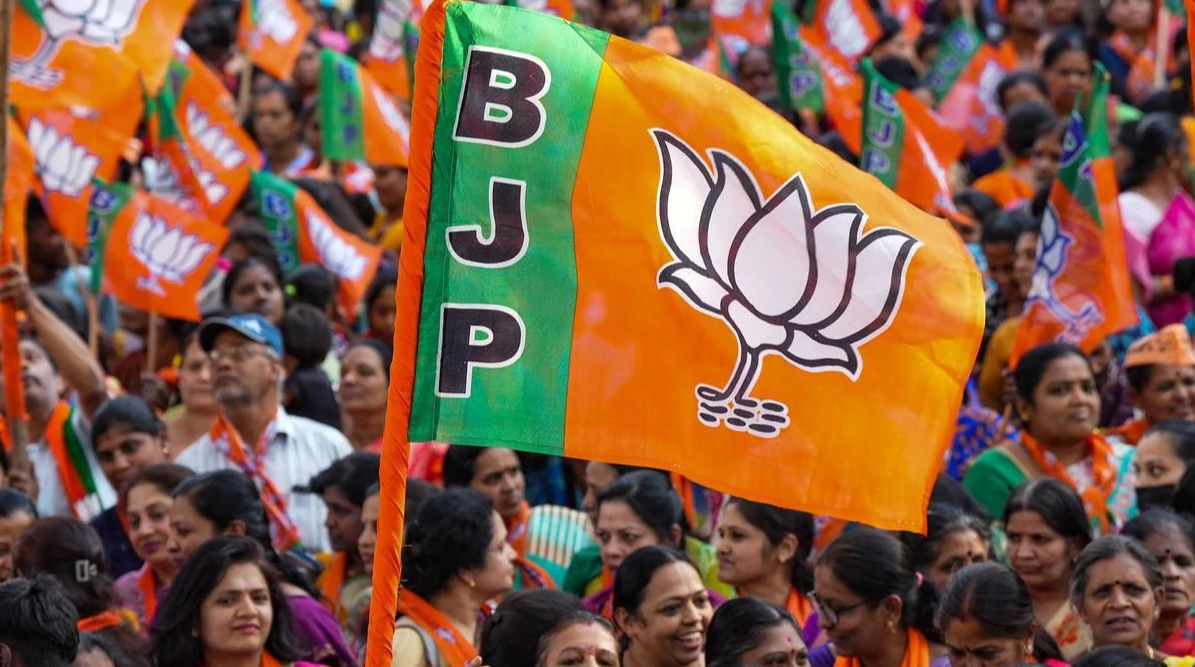 BJP Sweeps Delhi: Ends 27-Year Long Political Drought
BJP Sweeps Delhi: Ends 27-Year Long Political Drought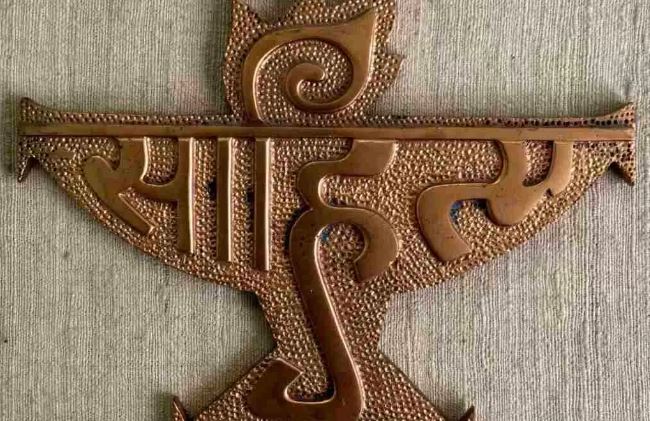 Late Chaman Arora was Honored with the Sahitya Akademi Award 2024 for Dogri Literature
Late Chaman Arora was Honored with the Sahitya Akademi Award 2024 for Dogri Literature N Biren Singh Resigns as Manipur CM Amidst Political Uncertainty
N Biren Singh Resigns as Manipur CM Amidst Political Uncertainty






